Crops
-

The derecho that moved through the Midwest yesterday did a tremendous amount of damage to the crops in the region. Here is a comparison of before and after images which show how much corn was knocked down by winds of up to 113 mph. https://cimss.ssec.wisc.edu/satellite-blog/images/2020/08/200728_200811_terra_modis_trueColorRGB_Iowa_derecho_crop_damage_anim.gif. If you don’t know what a derecho is, Dr. Marshall…
-
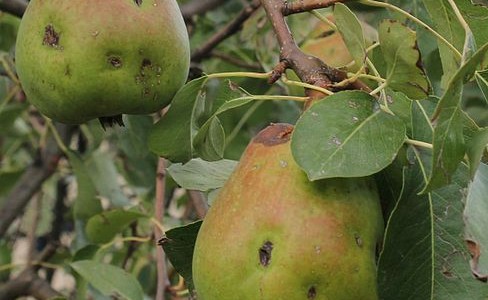
We’ve had a lot of scattered severe weather over the summer, and with that comes not only strong winds and lightning but some hail, with sizes ranging from a quarter inch to tennis-ball sized. As you can imagine, if the hail hits your crops, especially at a sensitive time in development, it can destroy an…
-
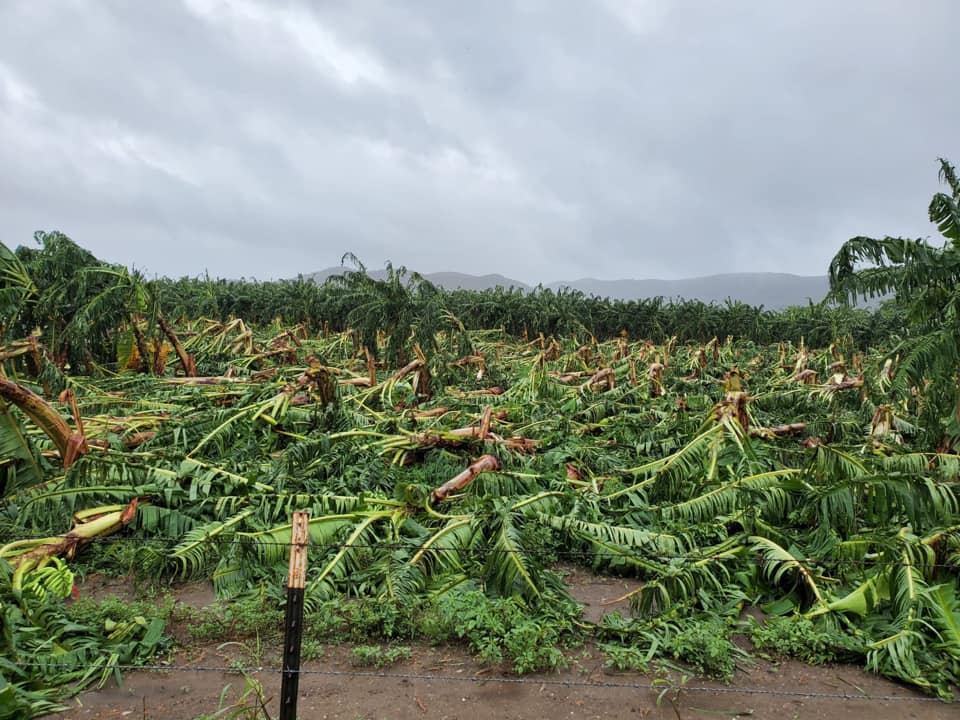
Tropical Storm Isaias crossed Puerto Rico last week on its long path from the eastern Atlantic through the Northeast US, bringing strong winds and heavy rains which contributed to landslides and power outages. The island, which is still recovering from Hurricane Maria in 2017, experienced significant losses in several crops, including bananas, plantains, and coffee.…
-
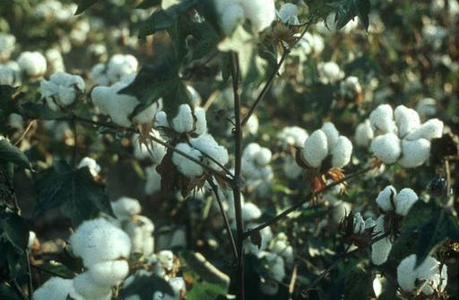
The weather recently has been quite dry across a lot of Georgia and Alabama. This has resulted in some issues with cotton and peanuts. Fortunately, it looks like the next week will be rainier, so moisture levels should improve. The big question mark is from Potential TS 9, which is still forming in the Atlantic.…
-

A warm winter followed by a cool April and May and some blasts of hot weather have led to throngs of grasshoppers and other cotton pests this year, according to Alabama Extension agents quoted in Cotton Grower. The grasshoppers are especially numerous in the coastal plain where they do better in the sandy soil there.…
-
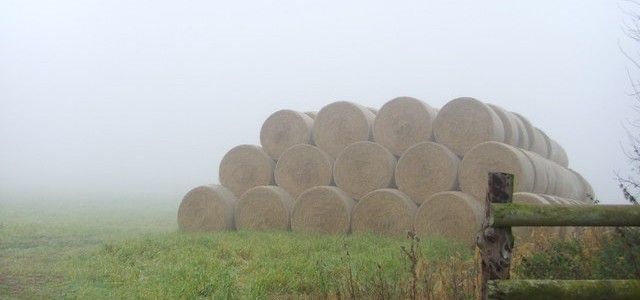
For those of you who produce hay and feed livestock, the headline above is probably a no-brainer. But I am still learning about how weather affects agriculture, so I was fascinated by this article that discusses how cutting hay in the morning results in a different nutrient composition of the hay than when you cut…
-
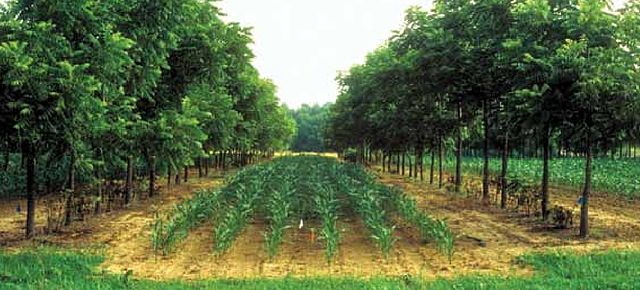
Since we have been celebrating National Pollinators Week, I’ve seen quite a few stories about the importance of pollinators like honeybees, especially to agriculture. Here is a story from Europe describing the method of combining strips of crops interspersed with trees and how it can double the number of pollinators. You can read more at…